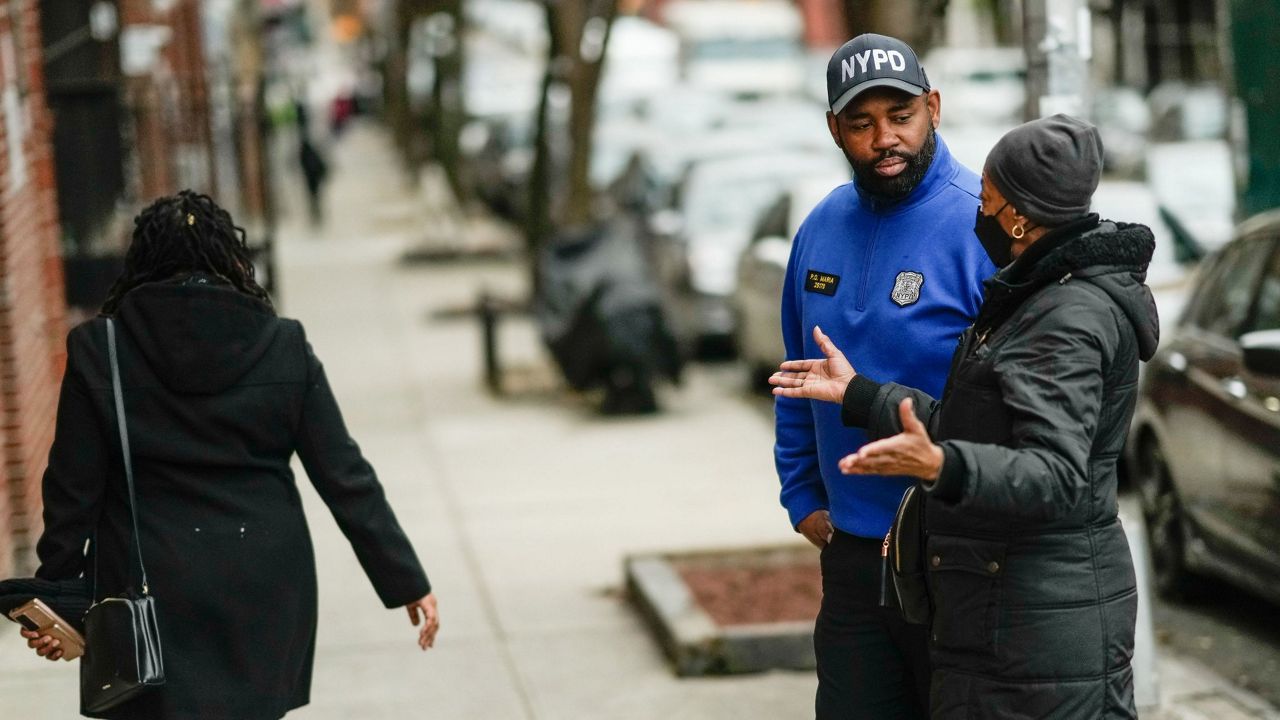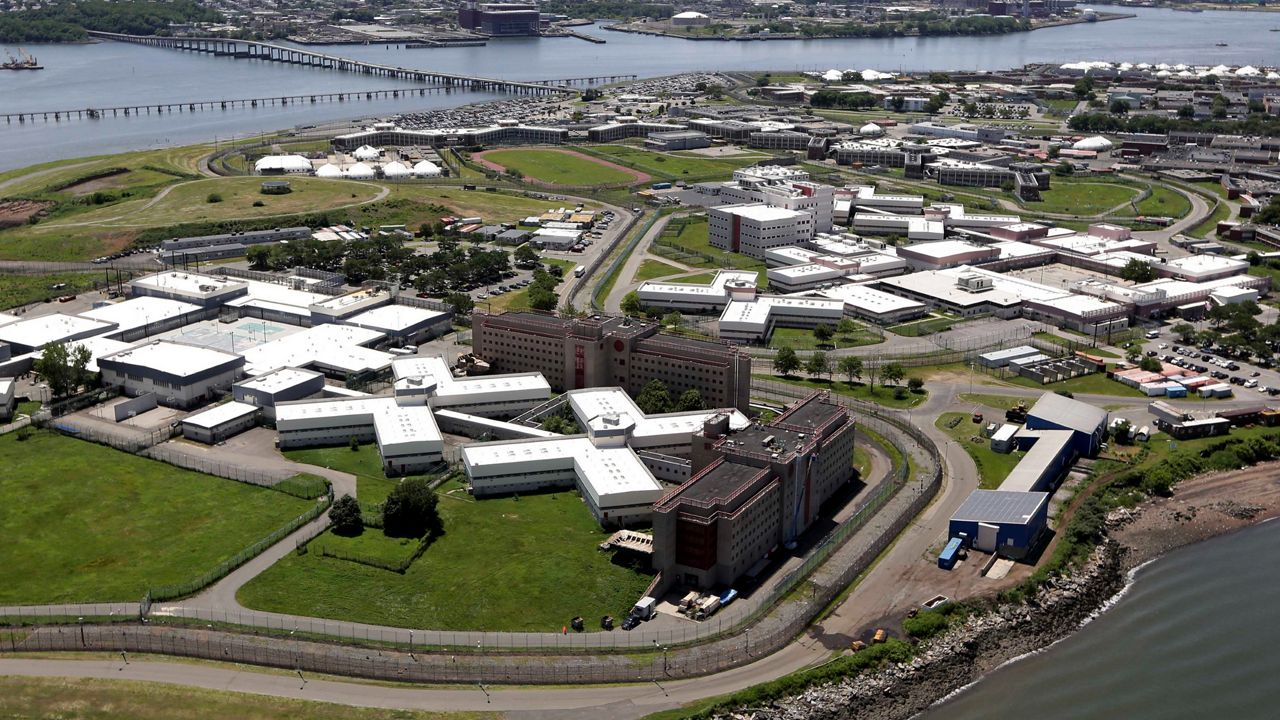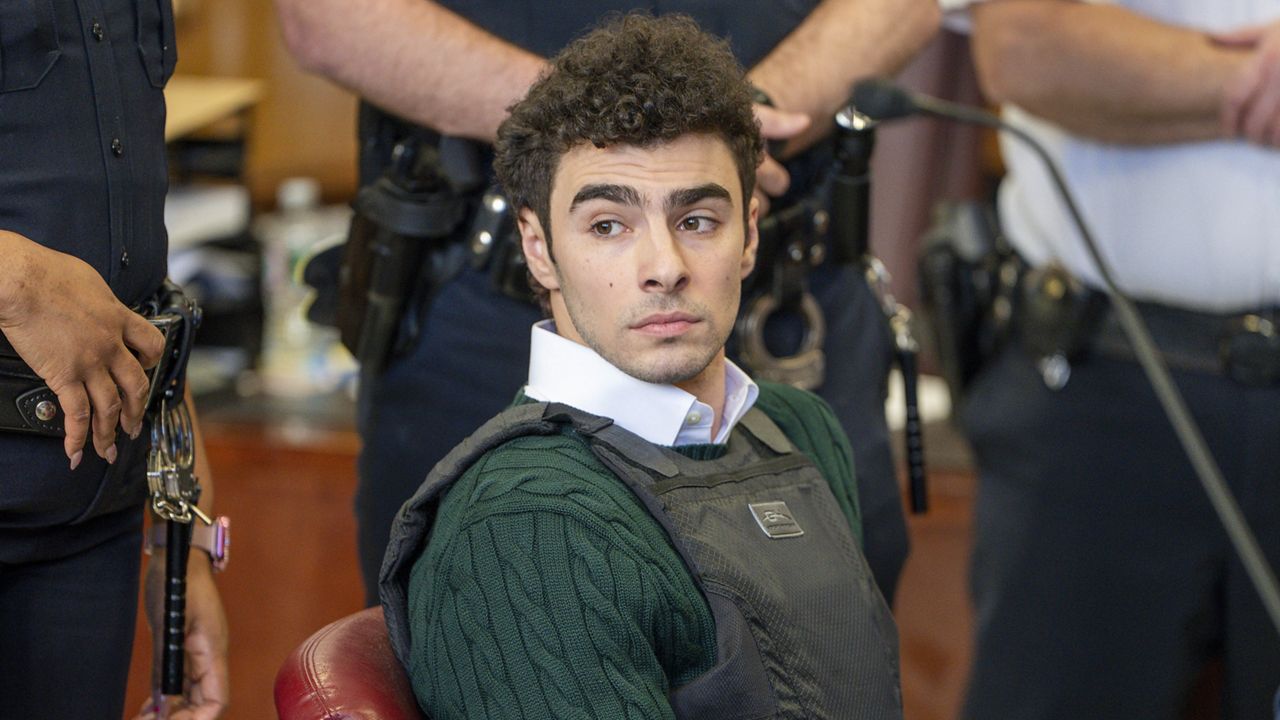The NYPD announced Wednesday that it would renew its focus on quality-of-life crimes such as open-air drug selling, public urination, and “dice games that lead to disputes and shootings.”
The hope is that responding to smaller offenses will help police find more illegal guns and take criminals off the street, the department said in a statement.
But critics are already pushing back, calling the policy a return to “broken windows” policing policies of the 1990s and early 2000s.
“Let’s be clear: this plan reinstates broken-windows policing, and it will undoubtedly send more Black and Latinx New Yorkers to Rikers Island, a facility that is wholly incapable of caring for the people in its custody,” Jennvine Wong, the staff attorney for the Legal Aid Society’s Cop Accountability Project, said in a statement.
“Broken-windows policing has long been discredited for furthering mistrust between the police and the communities we serve, and this rebranded version will yield those same results,” she added. “This plan will set our entire city back decades.”
NYPD Commissioner Keechant Sewell preemptively disputed that the policy is a return to old tactics popularized during previous mayoral administrations. Instead, she said the new initiative is in response to the wishes of communities hit hardest by violence, the victims of violent crimes, and a spike in quality-of-life complaints over the last three years.
"To be clear, this is NOT a return to Stop, Question, and Frisk — nor is it ‘policing for numbers,'" Sewell said in a statement. “This is precision-policing aimed at reducing violence in the neighborhoods seeing disproportionate numbers of shootings — and it is what the public is demanding.”
The NYPD argued the rise in shootings needs to be addressed and the new policy would help take on “offenders who commit violations that lead up to an act of violence.” Uniformed police will expand their focus beyond responding to 911 calls by taking a more proactive approach to minor offenses in public spaces, the department said.
In 2016, the City Council passed legislation downgrading public urination and public alcohol consumption to civil issues. The bills were signed by Mayor Bill de Blasio.
A 2016 report from the inspector general for the NYPD found no connection between quality-of-life summonses and arrests and felony crimes between 2010 and 2015. The NYPD disputed the findings at the time.
"That report is basically of no value to the NYPD," then-commissioner Bill Bratton said. "It is deeply flawed and will impact not at all on the practices of the NYPD."
Other offenses targeted by the NYPD under the new policy will include public drinking and driving without a license, registration, or insurance. The department said complaints about groups drinking on the street doubled and complaints about loud parties nearly tripled. 911 calls reporting people with knives on the subway increased by 139 percent during the same time period, police said.
“As I stated on my first day as Commissioner, after visiting an officer who was shot two hours and thirty-nine minutes into the New Year, there are too many people carrying illegal guns and too many people willing to use them,” Sewell said, referring to New Year’s Day shooting of officer Keith Wagenhauser. “That has to change. Now.”
From Friday to Monday, 31 shootings occurred in the city, including the shooting of a 7-year-old girl caught in the crossfire of two gangs, police said.
The initiative will initially target neighborhoods with the most shootings in the Bronx and Brooklyn, including Brownsville, East New York, and Cypress Hills. Enforcement efforts will start out in 17 precincts across the two boroughs, authorities said.







_Pkg_Mom_)